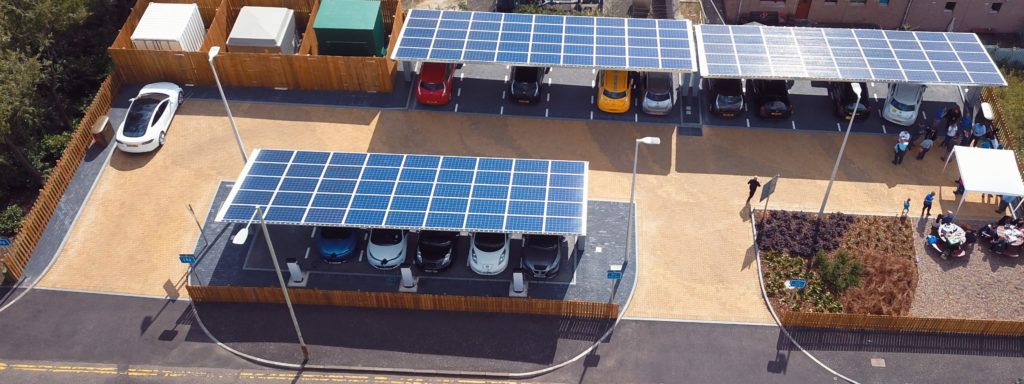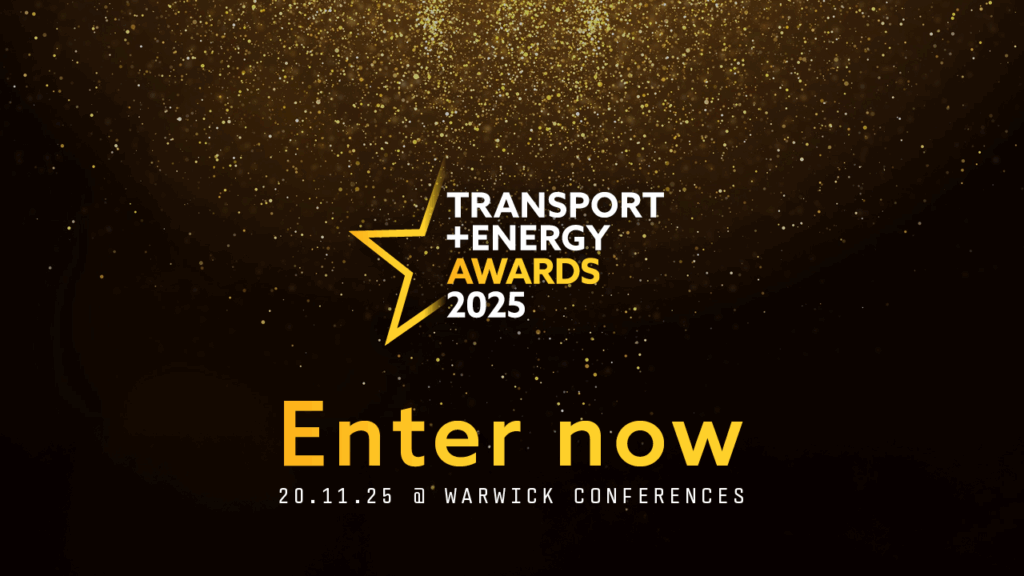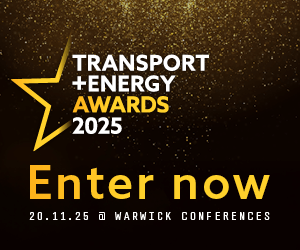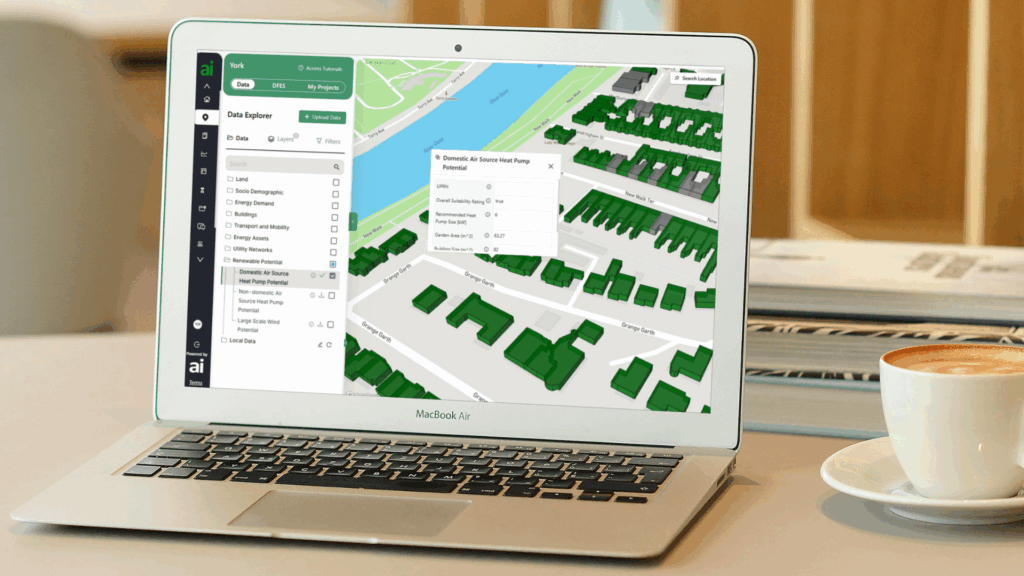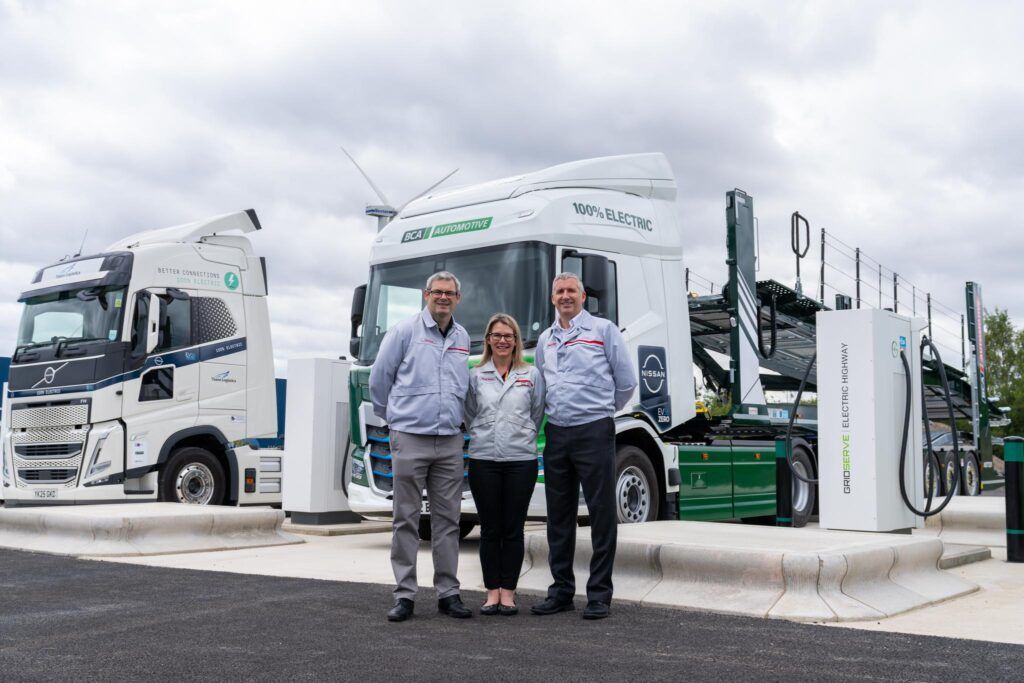SWARCO Smart Charging and Connected Energy have joined forces to help accelerate the roll out of electric vehicle charging across the UK by integrating their hardware with an energy storage system which is made entirely from second life EV batteries.
This collaboration aims to overcome two of the biggest barriers to the wider take-up of EVs among organisations wanting to provide EV charging for their own EV fleet or to provide public or private charging: energy capacity, and the costly and lengthy DNO upgrades that this can entail.
E-STOR can be linked to renewable energy technologies such as photovoltaic panels allowing charging points to be powered by renewable energy – with excess power generated from the renewable sources stored until it is needed. The 24, second-life EV batteries used within each E-STOR come from Renault Kangoos.
Bringing battery storage and EV charging solutions together is especially important at large fleet depots or public charging hubs, where capacity is an issue. By drawing energy – either from the grid or from renewables – and storing it, energy is available to meet spikes in demand during busy charging periods, ensuring that drivers get the amount of power they expect when they plug in. For locations where a site simply does not have the power required to meet demand, active charger management can be provided to avoid peak load spikes.
Matthew Lumsden, CEO, Connected Energy says this collaboration between leading technology providers will bring ultimate flexibility and control to organisations that are committed to making a difference:
He said: “This is a natural collaboration between two like-minded companies that are both on a mission to support vehicle electrification and help to decarbonise charging for organisations and drivers.
“Our energy storage solutions, using second life EV batteries, seamlessly works together with renewable technologies and EV charging technologies to give charge point owners ultimate flexibility over the energy required to deliver EV charging.”
SWARCO Smart Charging’s Managing Director Justin Meyer added: “Since we helped pioneer the installation of charging points in the UK more than a decade ago, as the size and scale of projects increases, we have seen EV charging projects hampered by the lack of electricity capacity. It is a constant issue, and one that until now has been difficult to overcome, resulting in EV charging roll out being scaled back, relocated away from preferred sites, or delayed.
“In many cases energy storage – integrated with renewable technology – is an excellent solution. And this is especially true when we are working with charge point owners who want decarbonised charging – a request that we have been seeing much more frequently already but the ongoing energy crisis is likely to make it an essential part of many more new EV charging projects,” he adds. “We are proud of the EV charging projects we’ve already delivered that use Connected Energy’s solutions and very much look forward to more successful projects in the future, including our extended range of high powered DC chargers.”
The two companies first started working together in 2017 when Connected Energy’s E-STOR system was installed alongside SWARCO’s charging technology at the UK’s very first charging hub in Dundee’s city centre. The battery system was installed alongside 22kW and 50kW rapid chargers linked to a PV array on the hub’s canopy to harness the power of the sun. The system monitors grid load to ensure power demand is always met and if charging from vehicles gets close to exceeding the power available from the grid, the E-STOR bridges the gap.
At present Connected Energy’s E-STOR unit delivers energy at a rate of up to 300kW and can, for example, simultaneously charge 20 cars for two hours at a rate of 7kW, or it can power two 50kW rapid chargers for almost four hours.




